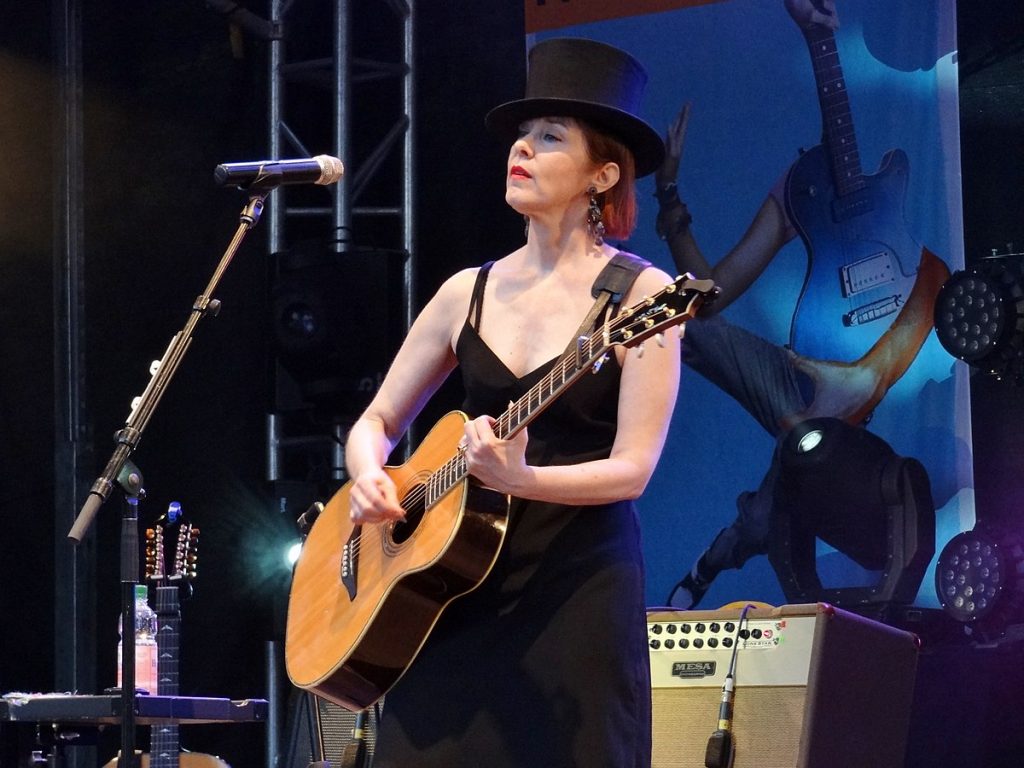
Image source: Wikimedia
“My name is Luka. I live on the second floor. I live upstairs from you. Yes I think you’ve seen me before”. Those are the opening words to Suzanne Vega’s hit song, Luka, first released in 1987 on her album, Solitude Standing. The song reached No. 3 on the Billboard Hot 100 Worldwide, and made the charts in countries worldwide, even in my home country of New Zealand.
Despite its apparently upbeat melody and popularity, the song itself is actually about a very sensitive topic – child abuse. The character Luka talks about being “hit until he cries”, and keeps things to himself, most likely out of fear of being exposed to more abuse, as well as wanting to be alone.
Now although I was bullied a lot in school and still suffer from the scars of that as an adult, I at least had a safe and loving home to go to after school (unless you count the “forced eye contact” therapy they tried on me and even that in itself was not entirely traumatizing because at least I got to play with the train when the ordeal was over), but something that is very interesting about the song that Suzanne Vega herself has to say that I could relate to:
A few years ago, I used to see this group of children playing in front of my building, and there was one of them, whose name was Luka, who seemed a little bit distinctive from the other children. I always remembered his name, and I always remembered his face, and I didn’t know much about him, but he just seemed set apart from these other children that I would see playing. And his character is what I based the song ‘Luka’ on. In the song, the boy Luka is an abused child – In real life I don’t think he was. I think he was just different.
-Suzanne Vega in an interview for SongFacts

Those last few words struck me – Vega herself says that Luka was based on a kid who probably was not abused – he was in fact “just different” and in a another interview, he was apparently doing okay for himself and even got himself a girl. Just as many people on the spectrum are “just different”. As neurodiverse kids, we often struggled to fit in with the other kids and their games and often ended up playing on our own. Perhaps Luka was in fact on the spectrum to some extent, and Vega just interpreted his mannerisms as being the result of horrible things happening behind closed doors.
That is not to say, however, that kids (and even adults) on the spectrum do not get abused. Just like neurotypical kids, they are still kids, and if born into a dysfunctional household, they may suffer from similar treatment, perhaps even more so due to them being more vulnerable and misunderstood, along with their increased sensitivity to certain stimuli. Then there’s the issue of school bullying, and that is a story in itself.
